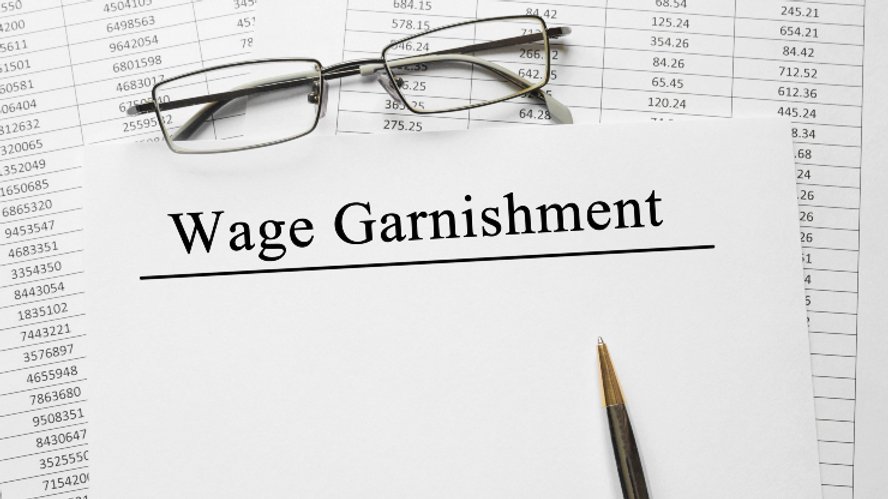
When a taxpayer fails to pay their taxes, the IRS may choose to file a tax lien or levy against them. For someone unfamiliar with the tax system, receiving a tax lien or levy from the IRS can be confusing to resolve. Outlined below is some helpful information about liens and levies and what taxpayers should know about them.
If you have been issued a tax lien or levy by the IRS, it is important to seek legal counsel from an experienced tax attorney
Tax Lien
A tax lien is a legal document filed by the IRS asserting their right and intention to collect on taxes they believe they are owed. The IRS uses tax liens to secure payment on taxes that have not been paid. Tax liens are not just filed against individuals; they can be filed against trusts, estates, companies, and any other entity that has tax debt. In most cases, tax liens stay in place until the debt is paid or becomes unenforceable
Legally, a tax lien provides the government with the ability to collect payment from a taxpayer in whatever means they determine to be most effective. This includes situations in which a taxpayer sets up formalized installment agreements with the IRS and more aggressive options, such as a tax levy.
Tax Levie
After the IRS states their intent to collect through a tax lien, they may use a tax levy to start the collections process. A tax levy gives the IRS the right to legally seize assets from a taxpayer to satisfy an outstanding debt. Levies can be performed through several methods, including
● Wage and income garnishmen
● Removing funds from a bank accoun
● Seizure of a taxpayer’s property and real estat
● Seizing a tax refun
These are a few examples of methods the IRS may use to impose a tax levy. It is important to note that before the IRS can take action on collecting debt, they must provide the taxpayer with a written notice of their intent to levy. Most commonly, the IRS does this through an initial tax lien.
However, they may also send out numerous letters and notices through the mail to provide a taxpayer with the option to resolve the debt before a levy is enforced. These notices will specify a deadline that the taxpayer has to resolve the debt. If the debt is not paid before the deadline, the IRS will move forward with the levy process.
What to Do If Your Wages Are Being Garnished from a Tax Lev
If your wages are being garnished or your assets have been seized by the IRS, it is important to seek counsel from a skilled tax resolution lawyer. Tax levies are serious business and can negatively impact your relationship with your employer. A tax resolution lawyer can help you resolve your debts with the IRS and get you on the path to financial freedom
Consult a Skilled Tax Resolution Lawye
If you have received a tax lien from the IRS or are experiencing wage garnishment, it is best to consult with an experienced tax resolution attorney. At Morgan Sebastian Law we’re eager to confront all the complexities of your tax issues. When you work with Attorney Becky Sebastian, you will experience compassionate attention that provides a sense of relief and peace of mind regarding your financial state
To schedule a consultation with an experienced tax resolution lawyer, call 877-938-1350 or fill out our online contact form.

